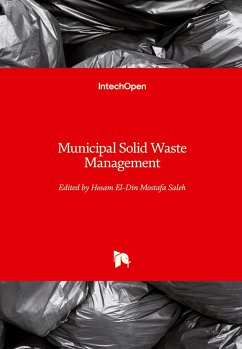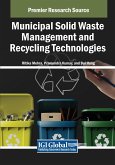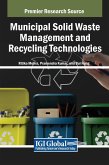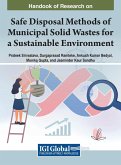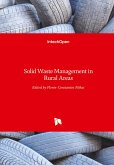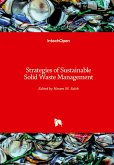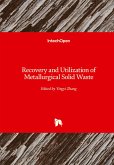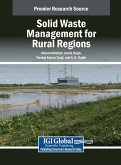Rapid population growth, high standards of living, and technological development are constantly increasing the diversity and quantity of solid waste. The production of solid municipal waste associated with the high proportion of organic waste and its improper disposal lead to considerable environmental pollution due to the emission of greenhouse gases such as methane, carbon dioxide, etc. In such a challenging environment, municipal authorities need to develop more effective solutions to manage the growing urban solid waste. Most of the municipal solid waste mainly constitutes degradable materials, which represent a significant role in greenhouse gas emissions in urban localities. Integrated solid waste management approaches must be developed and improved to manage the increasing organic fractions of municipal solid waste, which helps to reduce greenhouse emissions with potential economic benefits. A sustainable management of municipal solid waste systems constitutes a promising and attractive trend to study current consumption behaviors responsible for waste generation, and to protect the global ecosystem. This book presents the management of municipal of solid waste, including recycling and landfill technologies. Moreover, composition and types of waste will be investigated. As a result, the most appropriate and feasible scenarios for the management of municipal solid waste are presented to provide the respected readership with the scientific background for sustainable development in these processes, which are increasingly supported by innovative methodologies for holistic assessment of process sustainability.
Hinweis: Dieser Artikel kann nur an eine deutsche Lieferadresse ausgeliefert werden.
Hinweis: Dieser Artikel kann nur an eine deutsche Lieferadresse ausgeliefert werden.

